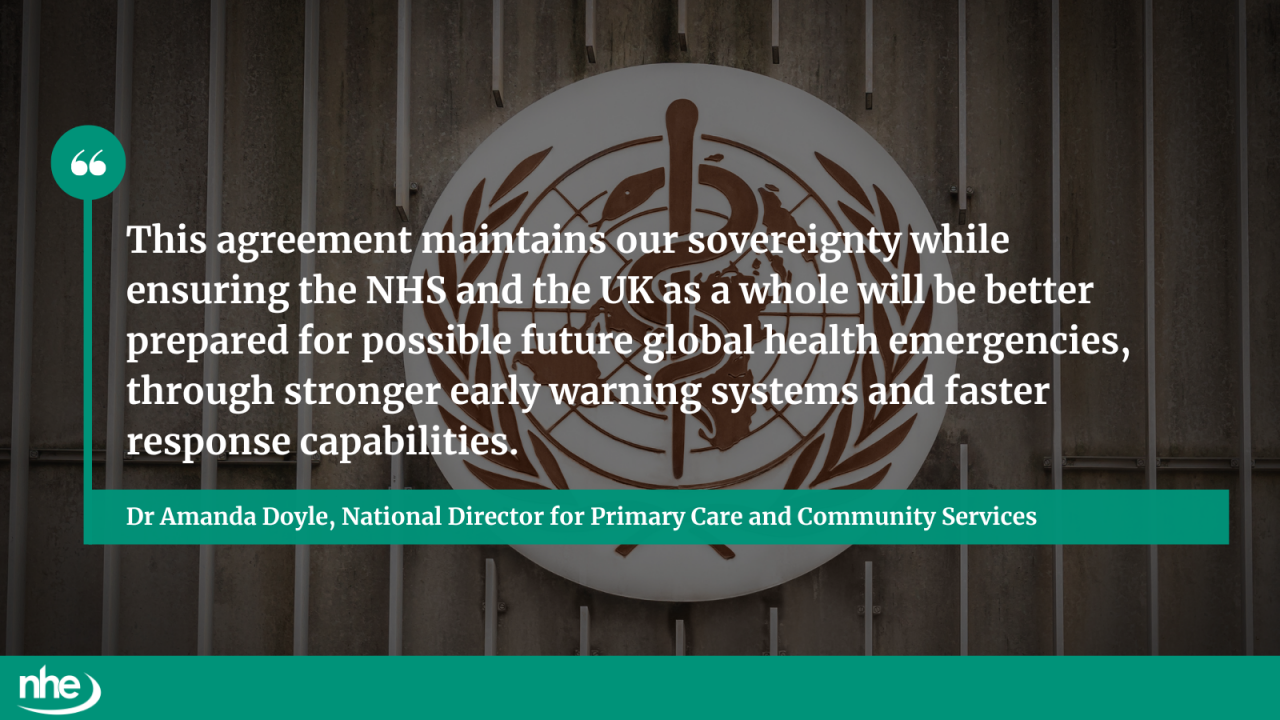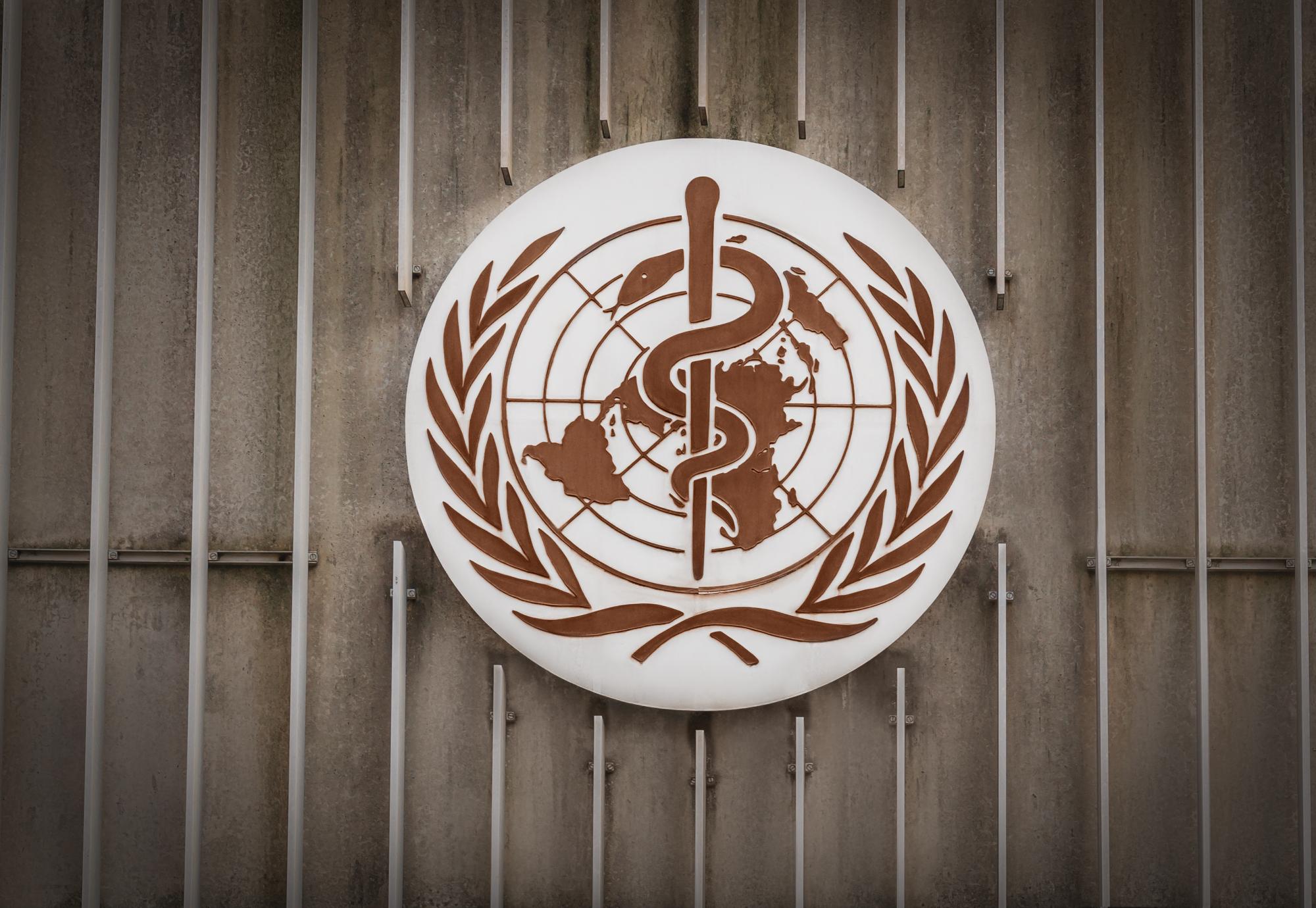The UK has officially adopted the new World Health Organization (WHO) Pandemic Agreement, marking a major step forward in global cooperation to prevent and respond to future health emergencies.
The agreement, endorsed by 124 member states at the World Health Assembly in Geneva, aims to improve pandemic preparedness while respecting national sovereignty.
The UK government played an active role in shaping the final agreement, ensuring it supports the country’s health and economic resilience without compromising domestic decision-making. Crucially, the agreement does not grant the WHO any authority over UK public health policy.
The COVID-19 pandemic cost the UK over £300 billion and had a profound impact on lives, education, and the economy. The new agreement is designed to help prevent such devastation in the future by:
- Enhancing global disease surveillance
- Accelerating the development of vaccines and treatments
- Facilitating faster sharing of pathogen data
These measures will help the UK respond more quickly to emerging threats and support its world-leading life sciences sector.
Health Minister Ashley Dalton commented:
“COVID-19 showed us the vital importance of international cooperation to save lives. This landmark agreement will help protect British people from future pandemic threats and safeguard our health system, supporting our mission to build an NHS fit for the future.
“Our national interest and the safety and wellbeing of the British public will always be our first priority. This agreement maintains our sovereignty while ensuring the NHS and the UK as a whole will be better prepared for possible future global health emergencies, through stronger early warning systems and faster response capabilities.
“Our world-class life sciences sector will also benefit from increased innovation in vaccines and treatments, boosting growth and improving care for patients across the UK.”

The agreement includes several provisions that align with the UK’s strategic priorities:
- A “One Health” approach to pandemic prevention, integrating human, animal, and environmental health
- Stronger global supply chains and innovation frameworks
- A new voluntary Pathogen Access and Benefit Sharing (PABS) system, allowing pharmaceutical companies faster access to pathogen data in exchange for sharing a portion of their production with WHO for global distribution
Importantly, participation in the PABS system is voluntary for companies, and there are no obligations on governments to share purchased vaccines or treatments.
The UK’s adoption of the Pandemic Agreement reflects a commitment to multilateralism and proactive health security. By working with international partners, the UK aims to protect its people, economy, and NHS from future global health threats—while maintaining full control over its domestic public health decisions.
Image credit: iStock



















